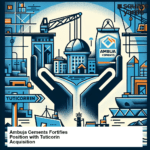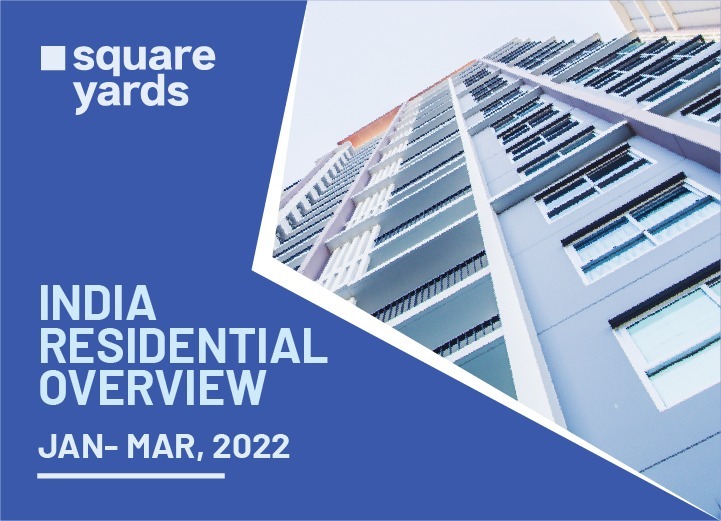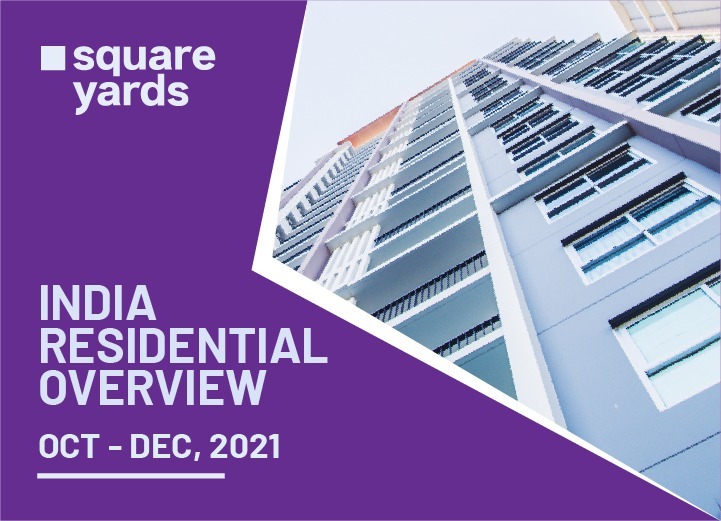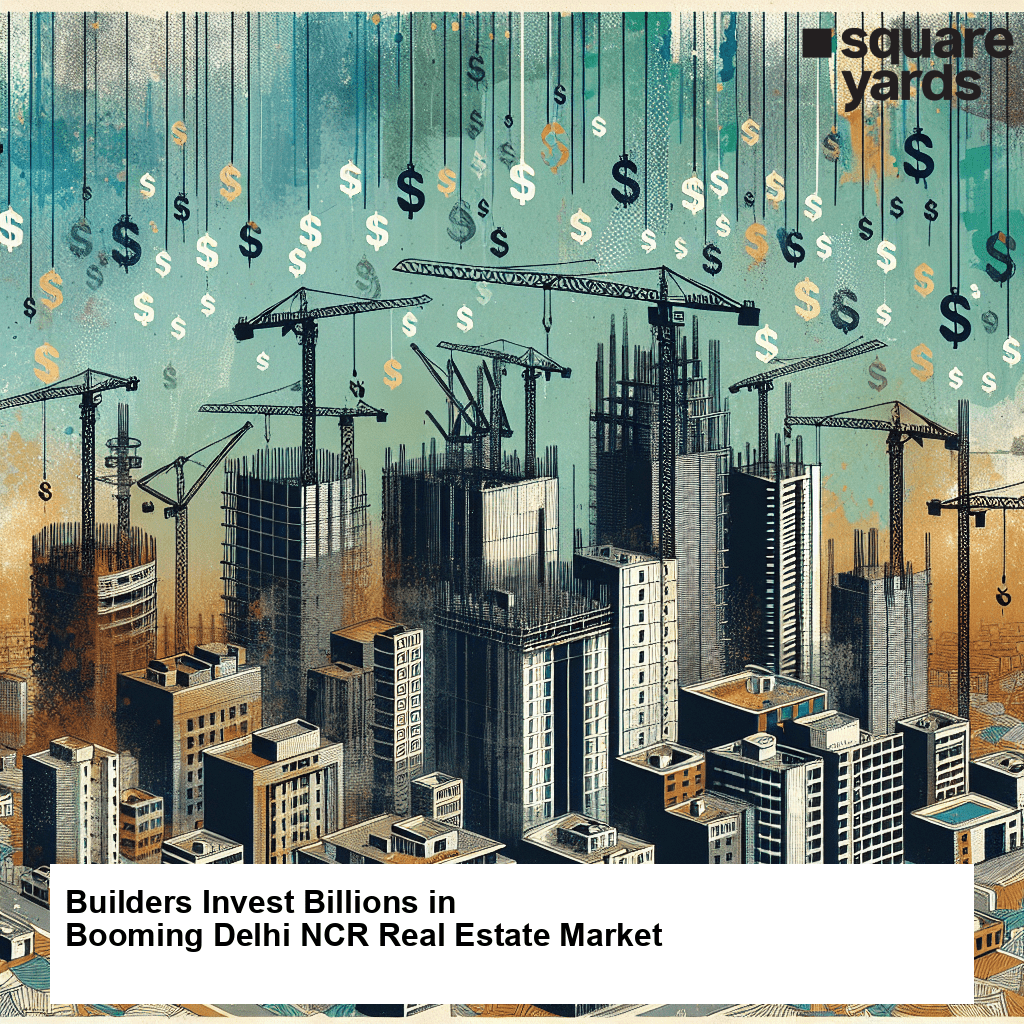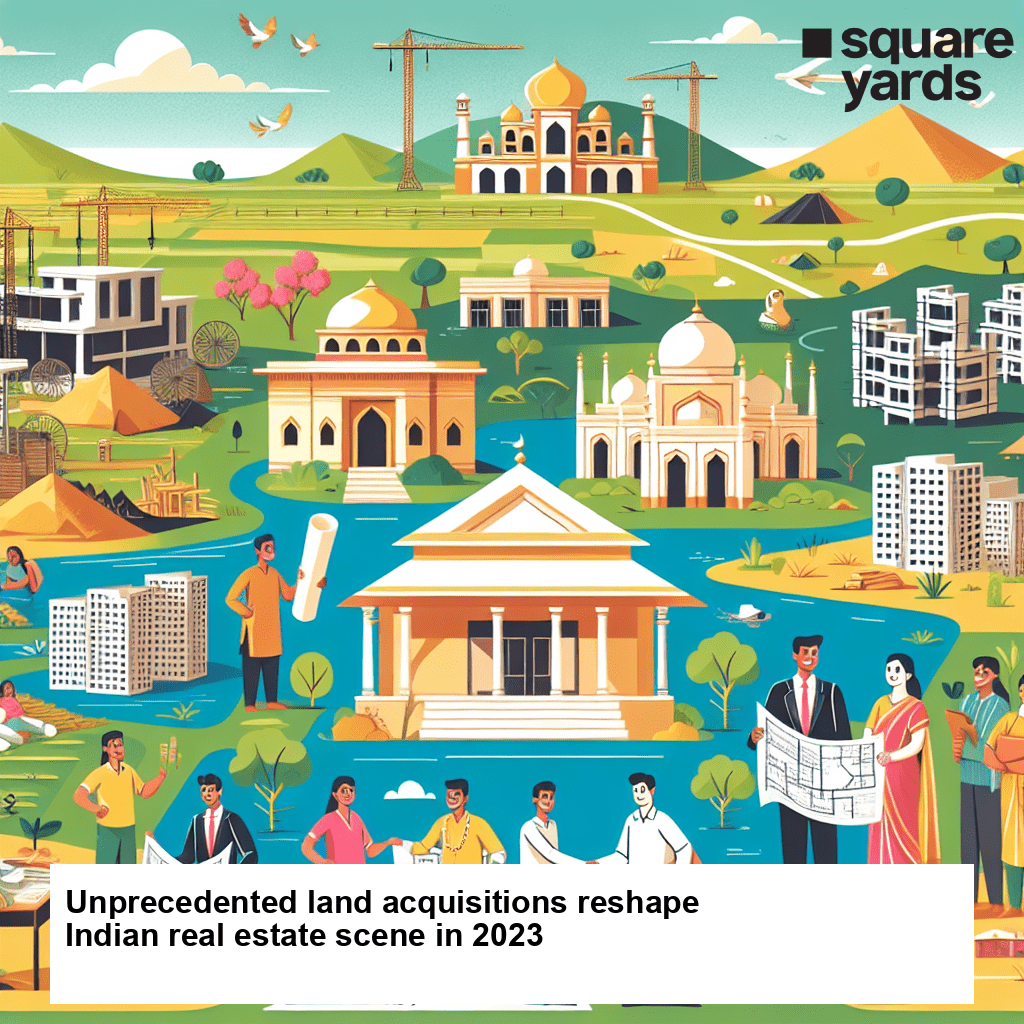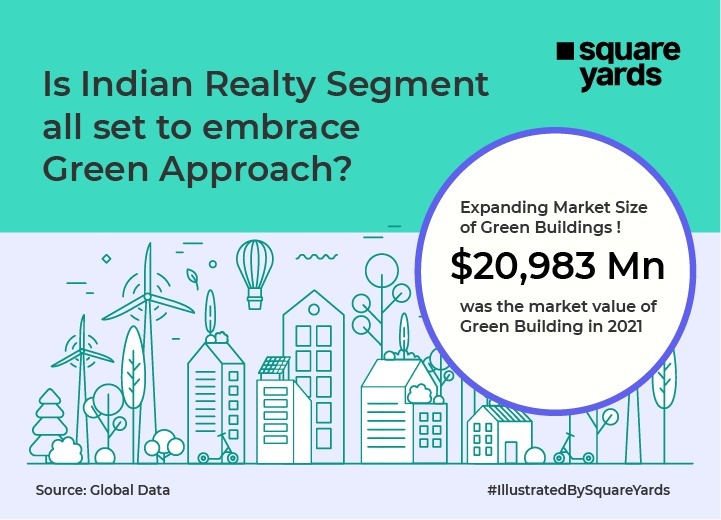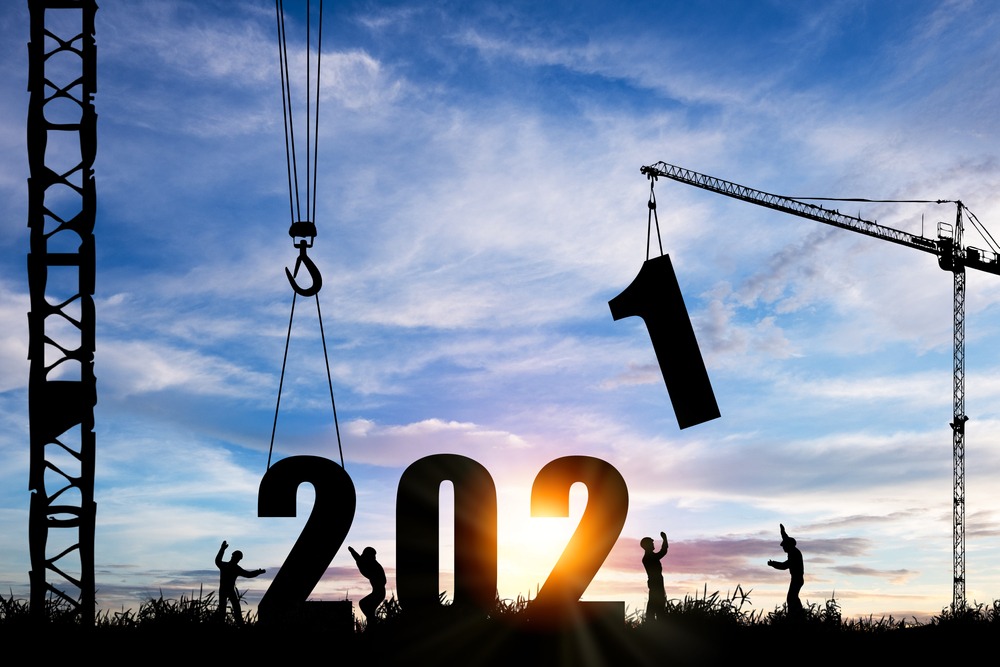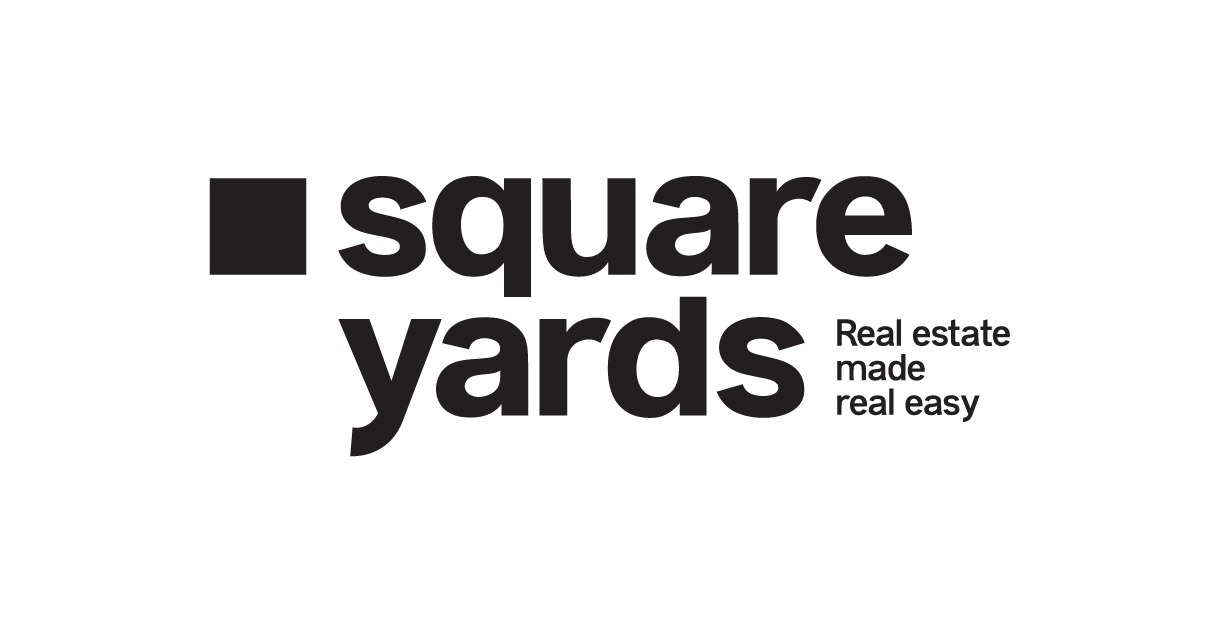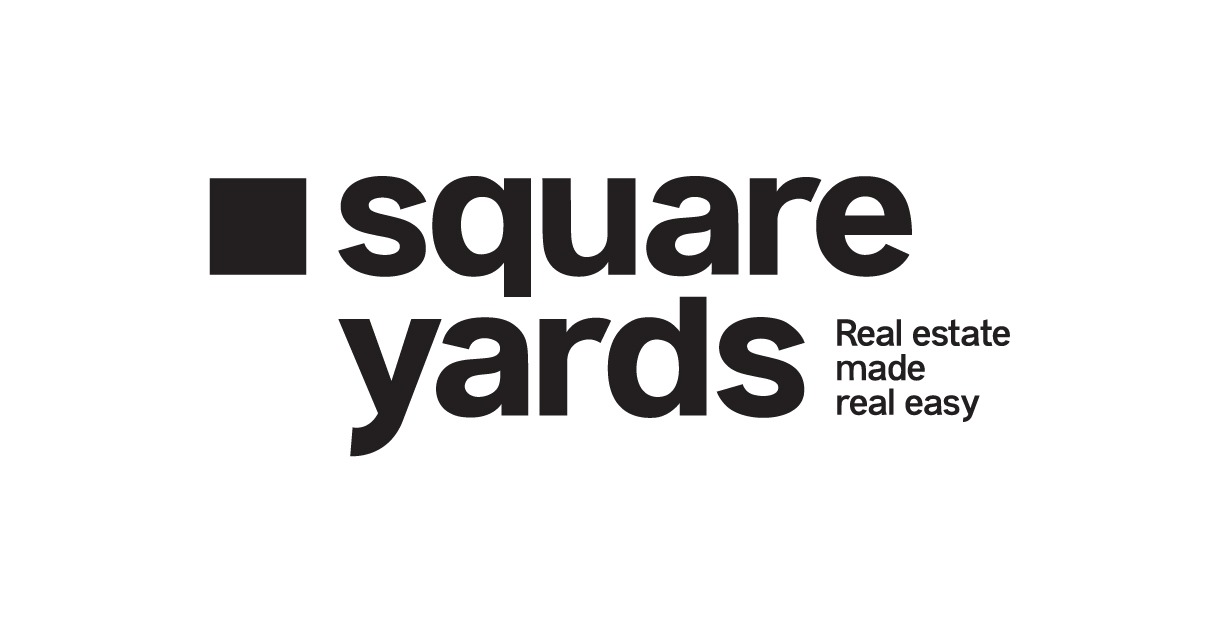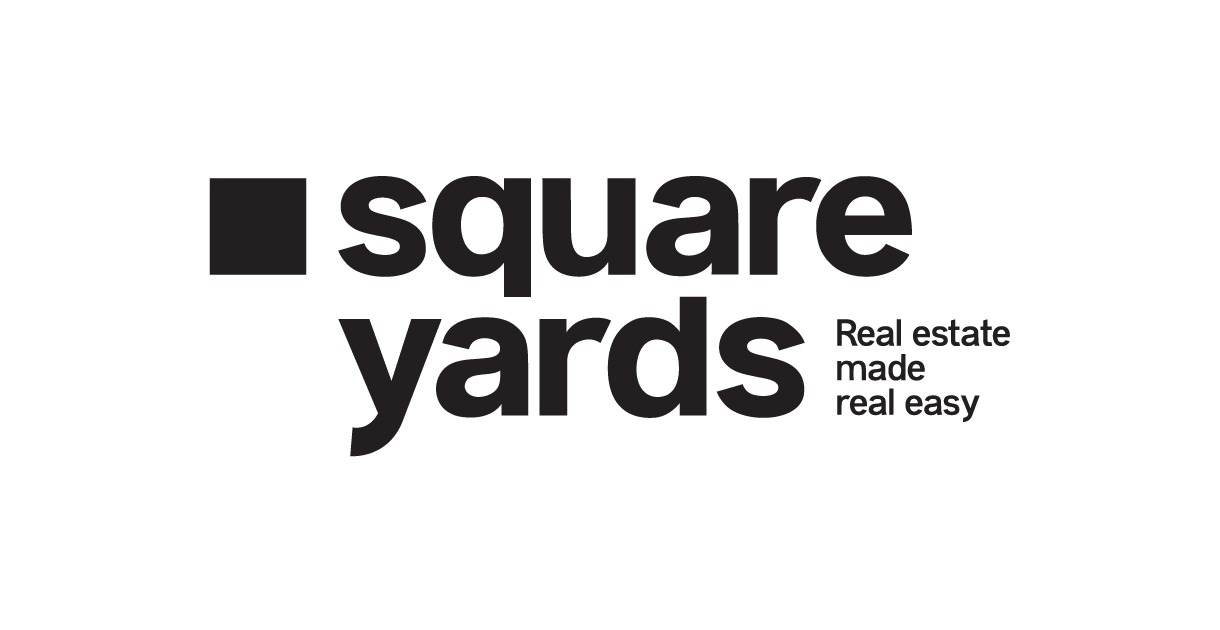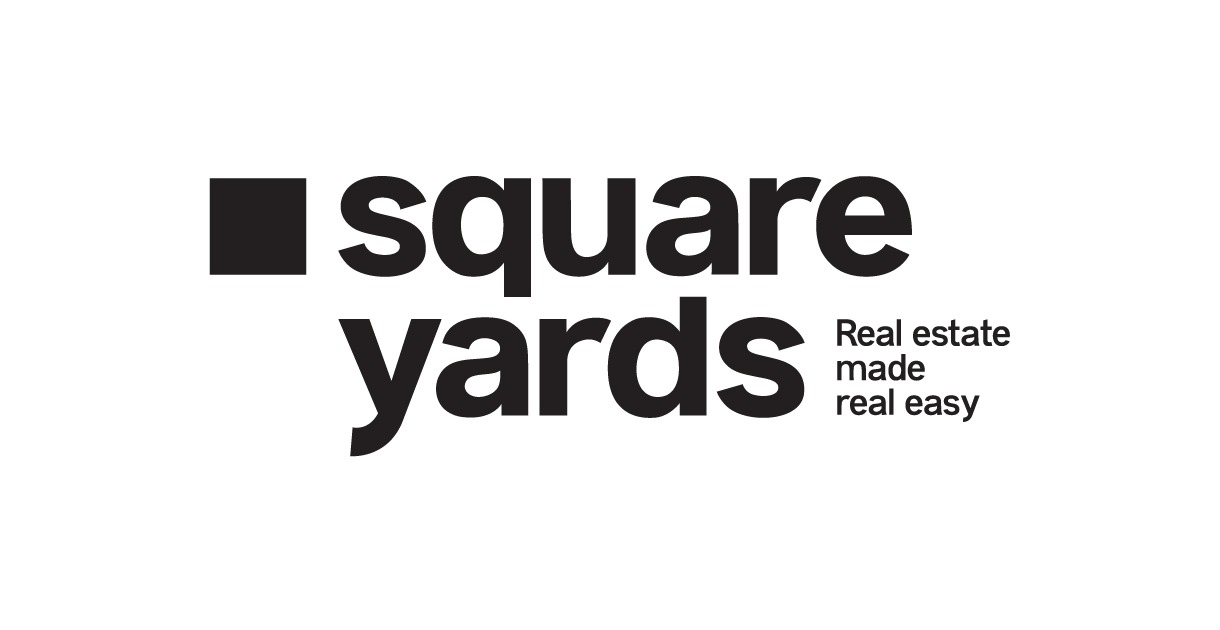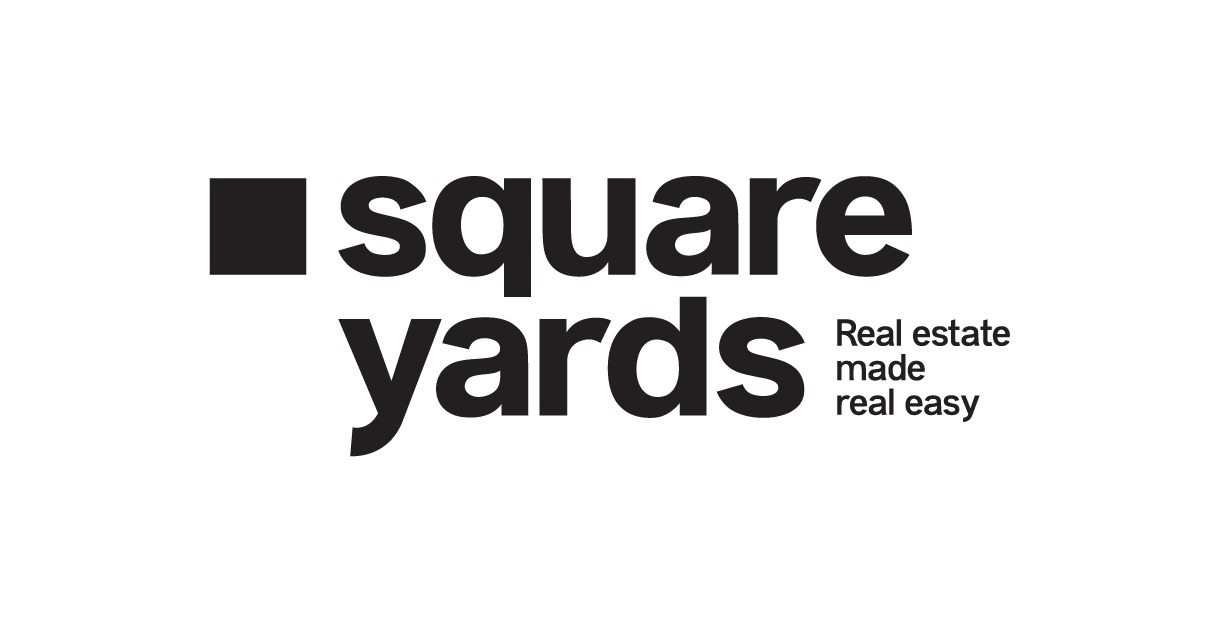If you own a car, you must have heard about ex-showroom price or sticker price of the vehicle. This is the base price tag that comes with the car. However, the full and final price of the vehicle is the on-road price which one has to fork out ultimately. This covers all the insurance charges and most importantly, taxes. The same thing applies while buying a home.
The base property price is not the only amount that you have to pay. In case you are looking to purchase a new home or have already invested in real estate, you will have to pay several taxes/charges to the Government. With GST (Goods and Services Tax) being rolled out earlier, some other taxes which were previously applicable such as service tax and VAT, have been absorbed into the same.
Now, the total cost of property can be segmented into two parts. First comes the cost which is the amount paid to the property seller/developer and then there are the legal/statutory expenses payable to the Government. The first portion is 80-85% of the overall cost of the property and the second portion can be 15-20% in most cases as per experts. Now, as you know, taxes are never the same when it comes to under-construction and ready-to-move properties.
Here’s a lowdown of the tax structure which home buyers usually face.
Taxes payable on under construction properties
Properties under construction have different taxes of their own as compared to ready housing units. The legal and statutory expenditure for under construction units will hover between 15-20% as stated above. Of course, the final costs vary, depending on the State and location since this impacts the registration fee, stamp duty and GST.
- Stamp Duty- Stamp Duty is the amount paid upon the agreement for sale in order to put a legal stamp on a property transaction. This varies from one State to another. Stamp duty usually covers 5-7% of the total cost of the property. In some Indian States, if properties are registered in the names of women, rebates of 1-2% are provided as well.
- Registration Fees- For registration of the sale agreement with the registration officer approved by the Government, 1% of the total property cost has to be paid as the registration fee. This has to be paid at the sub-registrar’s office in the requisite district.
- GST- GST (Goods and Services Tax) applies on under construction property and the Government has recently reduced this from 12% to 5% in a bid to boost demand. This has lowered costs of property buyers considerably. Also, for affordable housing units, GST worked out at 8% previously. This has now been brought down to just 1% by the Government.
- TDS (Tax Deducted at Source) – TDS charges are 1%. This is deducted by the property buyer when paying the amount due to the property seller. The builder has to then pay this money online or through any authorized banking institution to the Government within 7 days from the end of the month in which the TDS has been deducted.
In a nutshell, these are the taxes which are payable on under construction properties. With the lowering of GST rates, under construction units have become more attractive for property buyers in recent times.
Taxes payable on ready-to-move-in properties
Ready-to-move-in properties tend to be an attractive option for imminent home buyers. Firstly, most buyers want a ready home to shift into without having to wait for a few months or years to take possession. Secondly, many buyers pay rentals and do not wish to start paying EMIs simultaneously without taking possession of their second home.
Ready-to-move homes come without the anxiety of getting the home delivered on time and one can easily assess the condition of the property/building before taking a decision. The biggest advantage of ready-to-move properties is that there is no GST imposed on them. This is a major source of savings for buyers in this segment.
Buyers only have to pay the stamp duty and registration charges in this case, both of which have been mentioned above. In case of ready-to-move properties, the legal and statutory costs will thus comprise 7-8% of the total cost of the property as compared to 15-20% in case of under construction units.
Of course, property tax is something that every buyer has to pay after shifting to his/her home. The annual property taxes vary from one State to another and may even vary on the basis of the particular area/location. In case the property is self-occupied, property tax is the only thing that has to be paid. In case it is rented/let out commercially, then taxes will have to be paid, depending upon applicable sections.

















